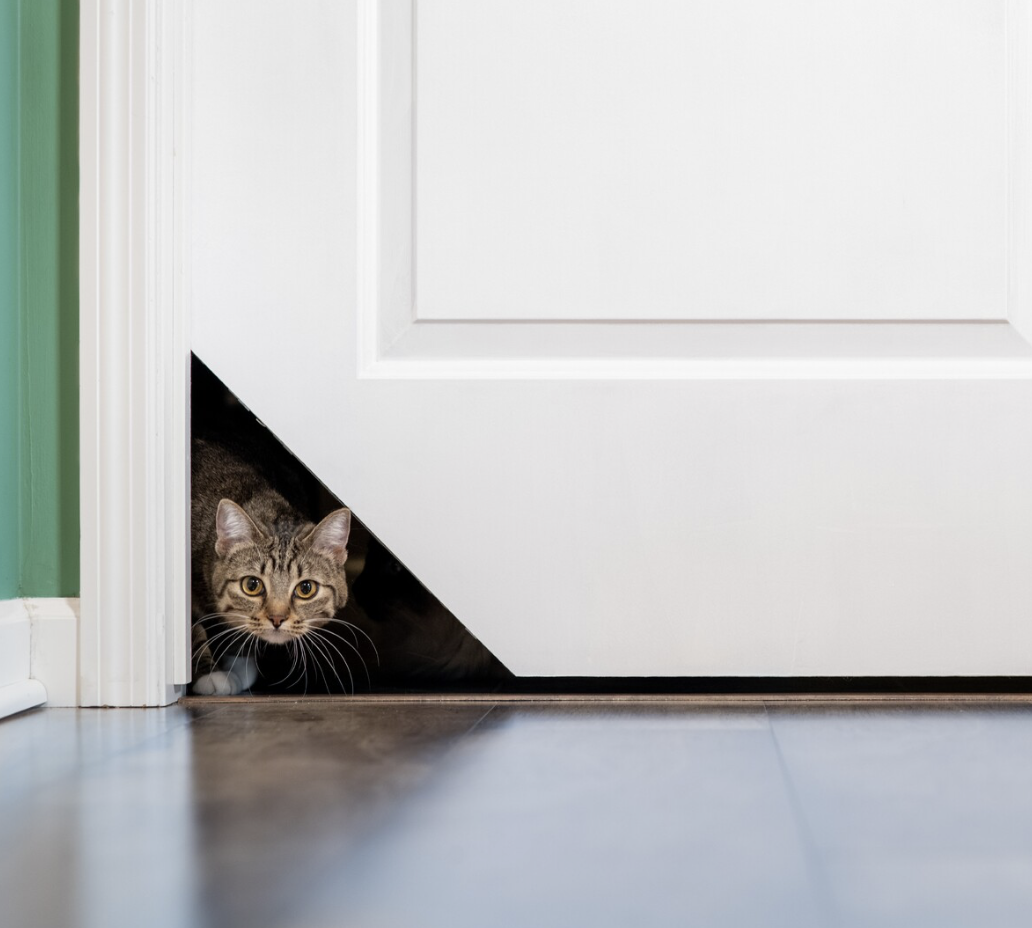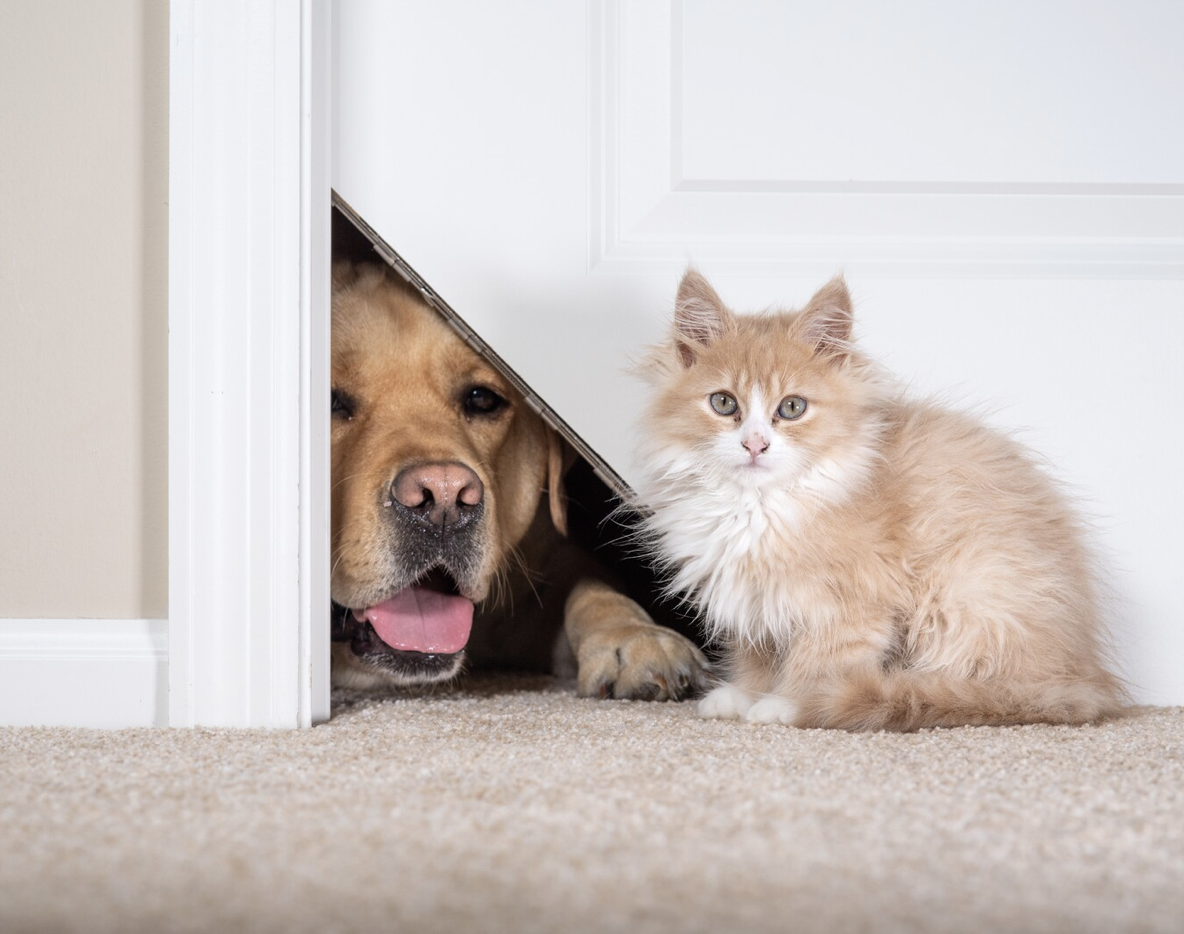When you think of the ideal feline companion, what comes to mind? For many cat lovers, the search for the perfect pet often leads them to the striking and unique breed known for their playful nature and loving demeanor. This particular breed has captured the hearts of countless pet owners worldwide, and it’s no wonder why they’re becoming more and more popular among cat enthusiasts.
These charming cats are an excellent choice for those seeking a loyal, affectionate companion. Their whimsical appearance, combined with their energetic personalities, makes them a perfect addition to any home. Whether you're new to owning cats or you’re a seasoned feline enthusiast, this breed is guaranteed to bring joy and entertainment into your life. In this article, we’ll explore seven compelling reasons why this breed is adored by so many, and why they make such wonderful pets for any cat lover.
1. Distinctive Appearance: A Unique Look
One of the standout features of this breed is their distinct look. Their large ears, big eyes, and soft, curly coat give them an appearance unlike any other feline. Often described as "pixie-like," their striking appearance makes them an immediate conversation starter. Their short, curly fur provides a soft texture, and this unique coat also reduces shedding compared to traditional breeds, making them a low-maintenance choice for cat lovers.
Their striking features include:
Large ears that stand tall and give them an elf-like quality.
Big, round eyes that seem to be always observing their surroundings.
Curly fur that feels luxurious to the touch and adds to their uniqueness.
This breed can be found in various colors, including the highly coveted black Devon Rex kittens. If you're searching for Devon Rex kittens for sale, their exceptional look will ensure they stand out in any home.
2. Loving Companions: Affectionate Nature
These cats are not just adorable in appearance—they are also incredibly affectionate. Known for their loyalty, they thrive on attention and love to be around their human family members. If you're looking for a cuddly companion, these cats are a perfect choice. They are often compared to dogs due to their tendency to follow their owners around the house and seek affection.
Their gentle and loving nature makes them suitable for families, singles, and even homes with children. Expect to find them curling up on your lap, snuggling up to you on the couch, or simply enjoying your company throughout the day. These felines form deep connections with their owners, which makes them the ultimate companion.
3. Low-Maintenance Grooming: A Grooming Dream
Unlike many other breeds that require frequent brushing to keep their coats in good condition, this breed’s curly fur requires much less maintenance. A simple weekly brushing is usually enough to keep their fur looking neat and tidy. Their unique coat type also means they don’t shed as much, which can be a huge advantage for individuals with allergies or those who simply prefer a cleaner home.
Thanks to their minimal grooming needs, these cats are a great choice for busy owners who want a low-maintenance pet that still looks great. While regular veterinary checkups are essential for overall health, caring for their fur is a breeze in comparison to some other breeds.
4. Playful and Energetic: Always Ready for Fun
If you’re looking for a cat with an energetic personality, you’ve found the right breed. These cats are incredibly playful and love to engage in interactive activities. From chasing laser pointers to playing with toys that challenge their intelligence, they have boundless energy that keeps them entertained for hours.
Their agility is another key feature, as they love jumping, climbing, and exploring their surroundings. You’ll often find them in high places, investigating every corner of your home. These cats are ideal for families who enjoy an active pet that is always ready for a game of fetch or an interactive toy.
5. Social and Friendly with Other Pets
Another reason why these cats are adored is their friendly and sociable nature. They often get along well with other pets, including dogs, making them a great choice for multi-pet households. Unlike some cats that prefer to be solitary, this breed enjoys being around other animals and is usually open to forming bonds with them.
If you already have a dog or another cat, bringing home one of these charming companions will likely be a smooth transition. Their social personality ensures they’ll easily fit into your home and become friends with your other pets in no time.
6. Healthy and Hardy: A Robust Breed
Health is an important consideration when adopting a pet, and fortunately, this breed tends to be quite healthy. While every breed has its potential health risks, these cats are generally robust and suffer from fewer common feline health issues. Their natural genetic mutation, which gives them their unique curly coat, doesn’t seem to predispose them to many of the hereditary conditions seen in other breeds.
To ensure your cat remains in peak condition, regular vet visits are recommended, but overall, this breed is known for its good health. Whether you’re a first-time pet owner or an experienced cat lover, adopting one of these cats can be a rewarding and relatively worry-free experience.
7. A Wide Range of Coat Colors, Including Stunning Black
These cats come in a variety of coat colors, allowing you to choose a look that appeals to your personal taste. While they are most commonly found in colors like cream, tabby, and tortoiseshell, the black variety is particularly striking. Black Devon Rex kittens are especially sought after for their sleek, glossy coats and captivating eyes.
The dark fur of these kittens creates a beautiful contrast with their bright eyes and curly coat, giving them a mysterious and elegant appearance. If you're drawn to darker-colored pets, the Devon Rex kittens black will make an unforgettable addition to your family.
Why Black Devon Rex Kittens Stand Out
Among the various color options, black Devon Rex kittens have become particularly popular for their unique, elegant appearance. Their glossy, dark fur enhances their enchanting eyes, making them even more captivating. Whether you're attracted to the mystery of a dark-colored kitten or you simply appreciate their sleek and shiny coat, these kittens will undoubtedly steal your heart.
Final Thoughts
With their endearing personalities, playful nature, and distinctive appearance, it’s easy to see why these cats are loved by so many. Whether you’re seeking a low-maintenance pet with a fun-loving attitude or a loyal companion to snuggle with, this breed fits the bill perfectly. Their social behavior, combined with their relatively low grooming requirements, makes them a wonderful choice for families, singles, or anyone looking for a unique and affectionate feline friend.
For those looking for a kitten that is as distinctive as it is lovable, Devon Rex kittens for sale offer an irresistible option. From the playful energy of a kitten to the elegance of black Devon Rex kittens, this breed will undoubtedly bring joy and companionship to your home.












